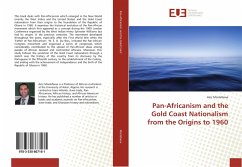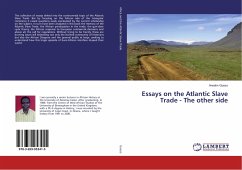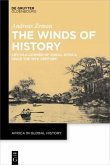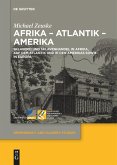This book deals with Pan-Africanism which emerged in the New World (mainly the West Indies and the United States) and the Gold Coast nationalism from their origins to the foundation of the Republic of Ghana in 1960. It examines the historical evolution of the Pan-African movement which first appeared as a concept during the 1900 London Conference organised by the West Indian Henry Sylvester Williams but had its origins in the previous centuries. The movement developed throughout the years, especially after the First World War when the 'Father of Pan-Africanism', W. E. B. Du Bois, initiated the Pan-African Congress movement and organised a series of congresses which considerably contributed to the spread of Pan-African ideas among people of African descent and continental Africans. Moreover, this study follows the evolution of the Gold Coast nationalism through a sketch over the history of this country from its discovery by the Portuguese in the fifteenth century, to the establishment of the Colony, and ending with the achievement of independence and the birth of the Republic of Ghana in 1960.
Bitte wählen Sie Ihr Anliegen aus.
Rechnungen
Retourenschein anfordern
Bestellstatus
Storno








